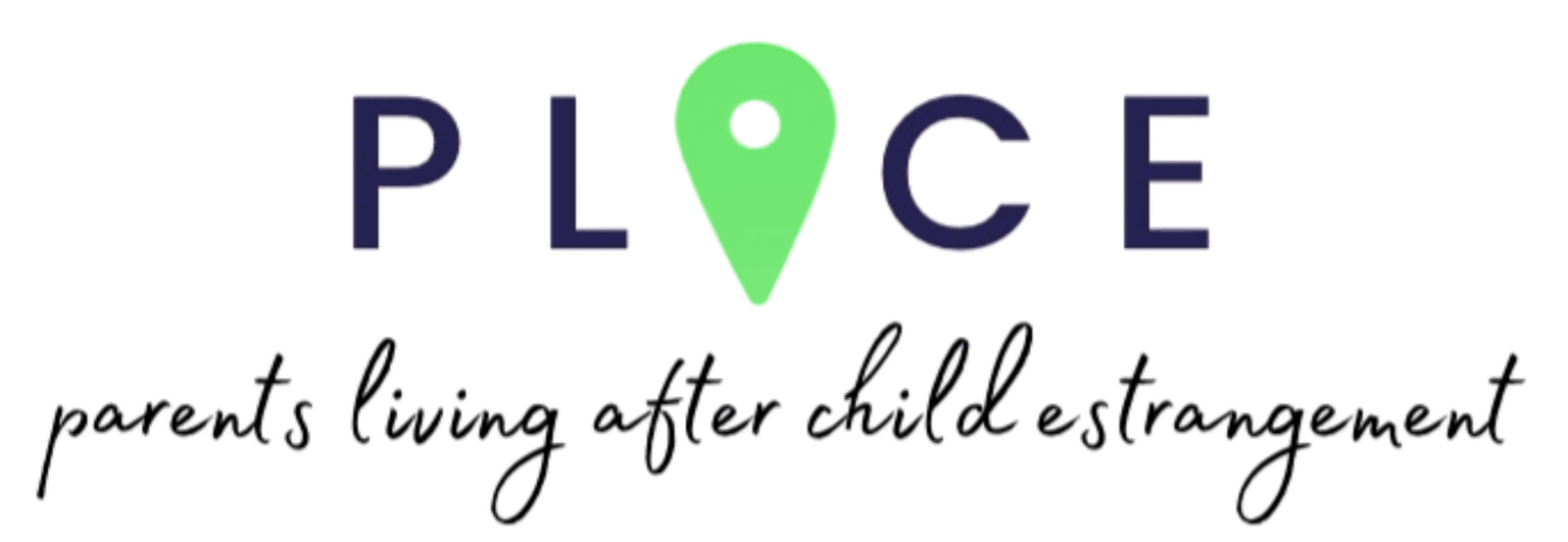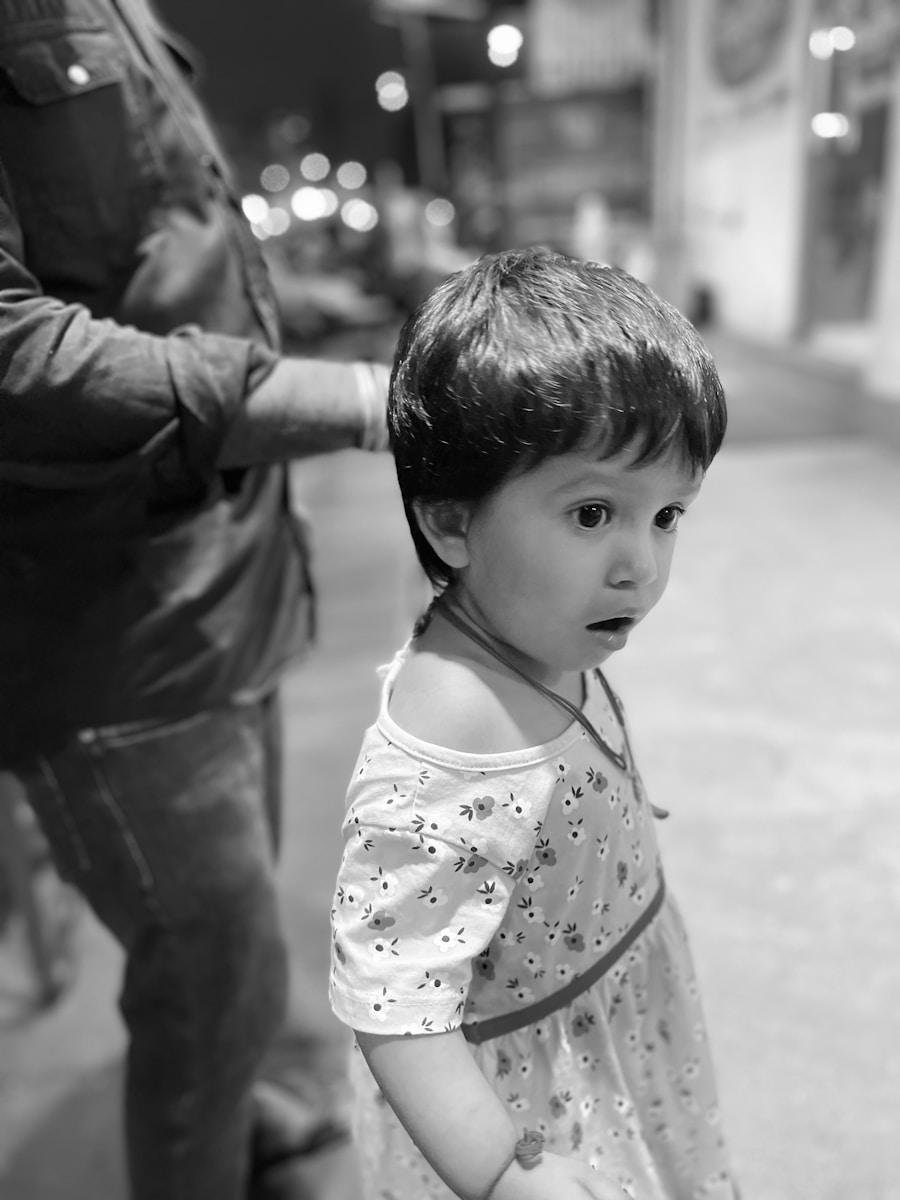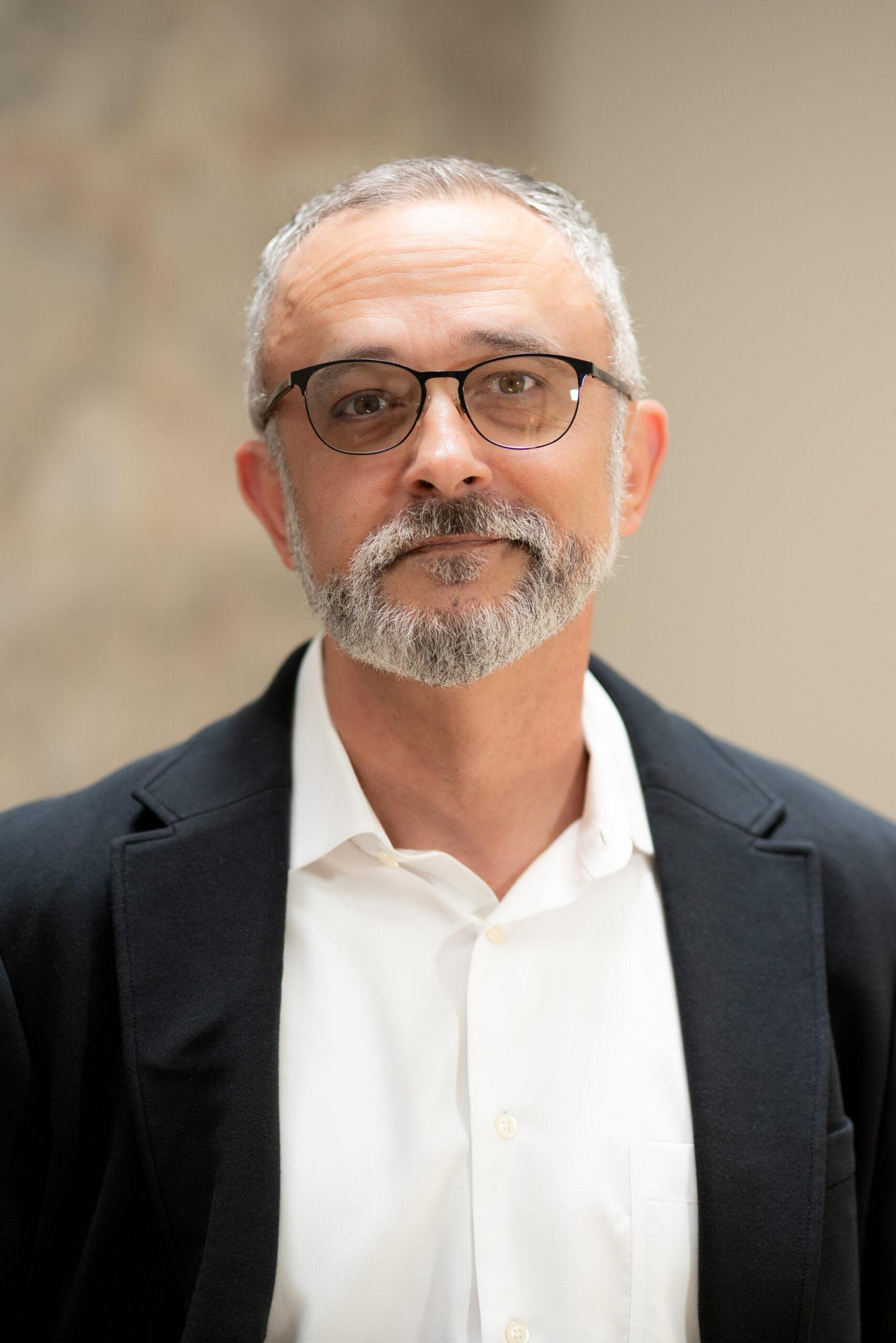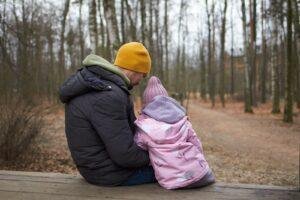By Brian Briscoe, LPC
Estrangement is a word no parent ever wants to associate with their child.
When that rupture happens—whether suddenly or over time—it feels like a silent earthquake. Everything looks the same on the outside, but the foundation of your life has shifted in a way only you can feel. As a therapist and as someone who’s walked with hundreds of parents through this pain, I want to offer one core truth:
Healing after child estrangement is not only possible—it’s necessary.
Not just so you can feel “better,” but so you can reclaim your strength, dignity, and purpose in a life that may look very different than what you hoped for.
Let’s talk honestly about how to begin healing, even when your heart feels like it’s in pieces.
What Healing Really Means (and Doesn’t Mean)
Let’s start here: Healing is not the same thing as reconciliation.
Of course, many parents long for that. Some dream of getting a call one day, hearing “I miss you,” and working toward a restored connection. And yes—reconciliation can happen. I’ve seen it. But waiting for your child to return before you begin to heal puts your life on hold.
So instead, I ask:
What if healing meant you could live with peace, even if your child never contacts you again?
What if healing looked like:
- Understanding that your worth is not defined by your child’s rejection
- Making space for your grief, without letting it define your identity
- Learning to love your child from afar—without losing yourself
- Honoring what was, while embracing what is
- Finding connection, joy, and purpose again—on your own terms
This is the healing I help parents find through PLACE. It’s not passive. It’s not about “just getting over it.” It’s about actively choosing your own well-being, step by step.
Step One: Acknowledge the Loss—Fully
Child estrangement isn’t a fight. It’s a loss. But it’s also a unique kind of grief, known as ambiguous loss—a term coined by Dr. Pauline Boss. Your child is still alive, but emotionally absent. There’s no clear closure. No funeral. No ritual. Just silence.
This creates a deep, confusing pain:
- You can’t “move on” the way others might expect
- You’re flooded with questions: Why did this happen? What did I do? Will they ever come back?
- You often replay the past, trying to find the turning point
- You may feel ashamed to talk about it, especially if others are quick to judge
The first act of healing is letting yourself grieve.
Grieve the birthdays missed. The milestones unshared. The phone calls never returned.
Grieve the person you were when you believed the bond was unbreakable.
Grieve without guilt.
Give yourself permission to say:
“This hurts more than I can explain. And I deserve to grieve it fully.”
Step Two: Get Off the Blame Treadmill
Many parents go through a mental loop that sounds like this:
“I must be a horrible person.”
“I did everything I could—why wasn’t it enough?”
“Maybe if I had just said ____, things would be different.”
“Maybe this is all my fault.”
This loop doesn’t lead to clarity. It leads to emotional exhaustion.
You may have made mistakes. All parents do. And some estranged adult children walk away due to real harm or trauma. But many don’t. Often, the cause of estrangement is complex and layered:
- Differences in values or communication styles
- Mental health issues
- Influence from a spouse, therapist, or peer
- Family history and unspoken generational pain
- Boundaries misunderstood as rejection
Even if you contributed to the rupture, that doesn’t mean you deserve estrangement—or that your pain isn’t valid.
Part of healing is replacing self-blame with self-inquiry—and doing it with compassion.
Ask:
- What parts of this are within my control?
- What do I wish I’d done differently?
- What values do I still stand by?
- Can I forgive myself for being human?
Blame keeps you stuck. Responsibility with compassion moves you forward.
Step Three: Reconnect to Yourself
This may feel strange, especially if your identity has long been centered around your role as a parent.
Estrangement forces a question you didn’t expect to ask at this stage:
Who am I now?
Many parents say:
- “I don’t recognize myself anymore.”
- “My sense of purpose is gone.”
- “I feel invisible.”
That’s not just emotional—it’s existential.
Healing means finding your way back to you.
Who were you before you became a parent?
What gives you joy, peace, energy?
What relationships feel supportive?
What values matter most to you now?
Try simple practices to reconnect:
- Journaling without censoring yourself
- Going for walks and paying attention to your body
- Reading something that nourishes your mind
- Creating art, music, or movement
- Sitting in silence and letting feelings arise
You are not “just” a parent. You are a full, complex, worthy human being. You still matter.
Step Four: Set Gentle, Clear Boundaries
Estrangement is, by its nature, a boundary imposed—usually by the child.
But parents often forget that they, too, can set boundaries. And doing so is part of healing.
Maybe that means:
- Not chasing after a child who has asked for no contact
- Refusing to engage in abusive or manipulative behavior
- Not allowing others (friends, family, in-laws) to gossip, judge, or diagnose you
- Choosing what you will and will not tolerate in relationships moving forward
Boundaries aren’t walls. They’re guidelines for how you will treat yourself and allow others to treat you.
One powerful boundary? Saying:
“I’m allowed to prioritize my peace, even if others don’t understand.”
Step Five: Let Hope Evolve
Hope can be tricky.
For some, it feels like a lifeline: “Maybe they’ll come back.”
For others, it feels like a trap: “I don’t want to keep getting hurt.”
In PLACE, we talk about “evolving hope.” That means shifting from outcome-based hope (they’ll call, we’ll reconcile) to process-based hope (I can live well today, regardless of what happens next).
It’s not about giving up.
It’s about growing a new kind of hope—one rooted in your own becoming.
You can hope to one day reconnect.
You can also hope to feel whole again—whether or not that happens.
Healing in Community: Why You Don’t Have to Do This Alone
Estrangement can be incredibly isolating.
Even well-meaning friends say the wrong thing. Family members may take sides or stay silent. Therapists may not fully understand the layered grief.
That’s why community is essential.
At PLACE, we offer:
- Weekly virtual support groups
- Individual coaching and therapy
- A growing network of parents who “get it”
- A non-judgmental space to say the things you can’t say anywhere else
You need people who won’t try to fix you or tell you what to do. Just people who sit with you in the pain and remind you:
You are not alone. And this is not the end of your story.
You’re Still Here. And That Matters.
Estrangement hurts. Deeply. It leaves holes you can’t explain. It tests everything you thought you knew.
But here’s what I know for sure:
You can survive this.
You can live a full, meaningful life again.
You can honor your love for your child and love yourself just as fiercely.
Healing isn’t an event. It’s a path. Some days it’s steep. Other days, steady. Some days you collapse in grief. Other days, you smile without guilt.
But it is a path worth walking.
And I’ll walk it with you, if you’ll let me.
—Brian Briscoe








